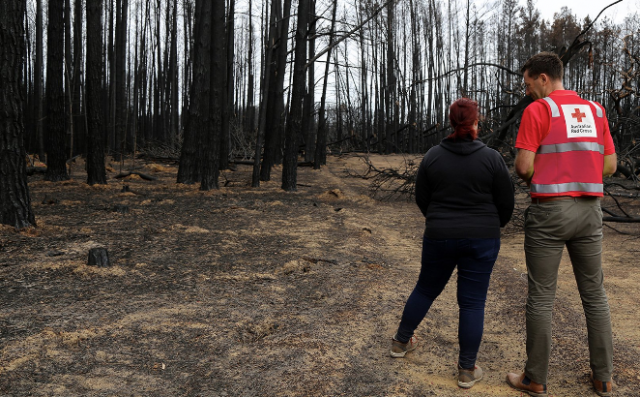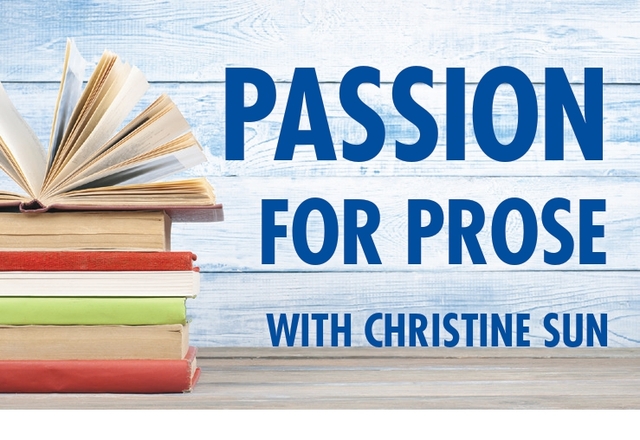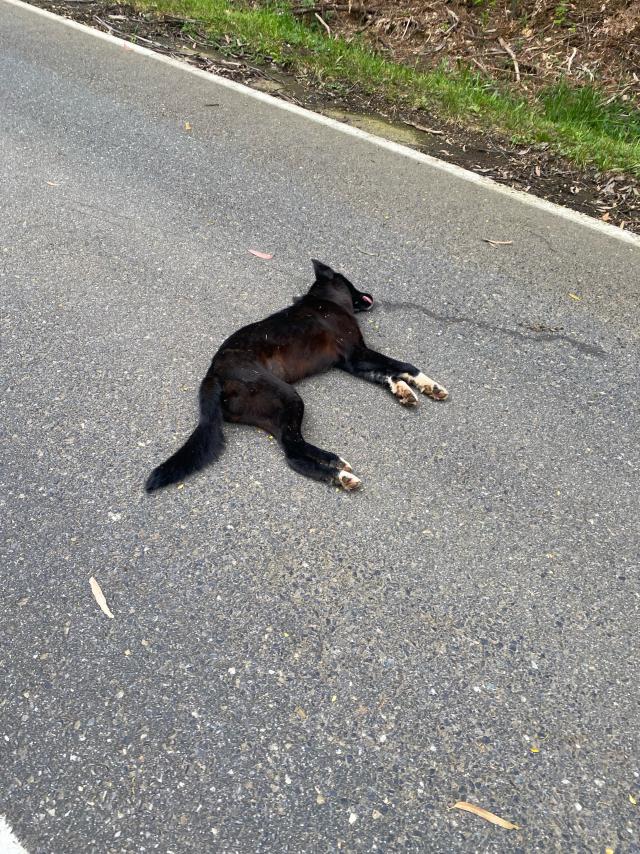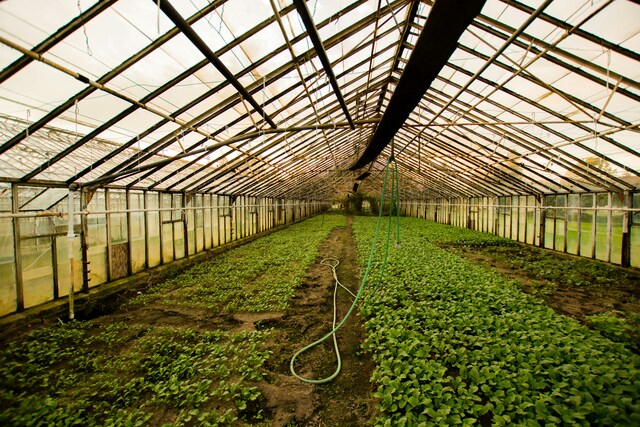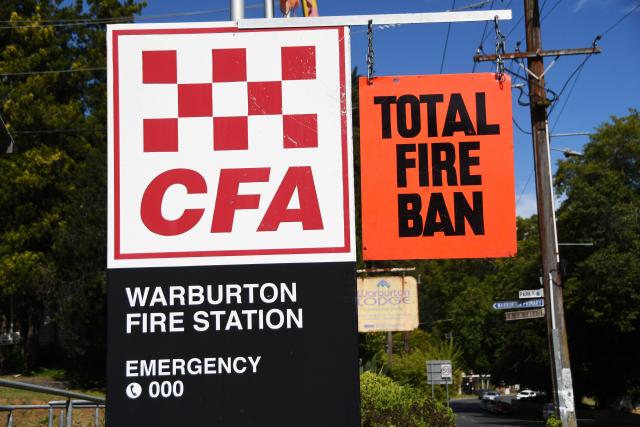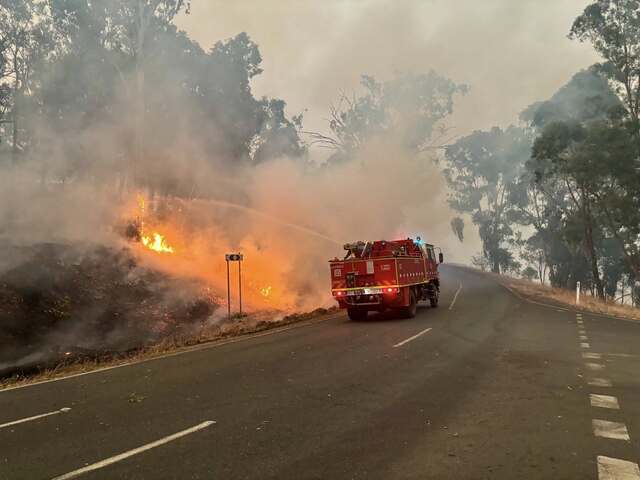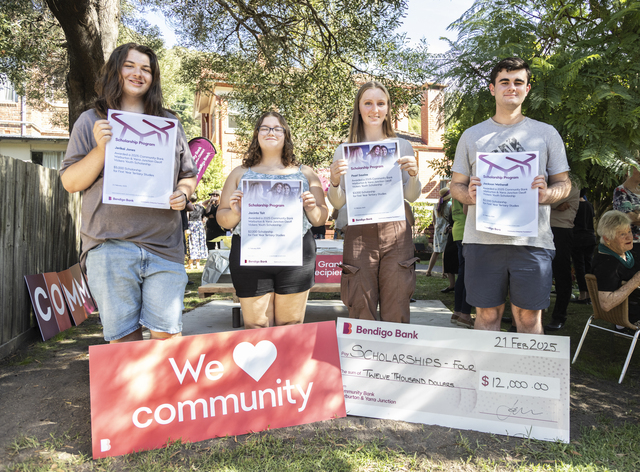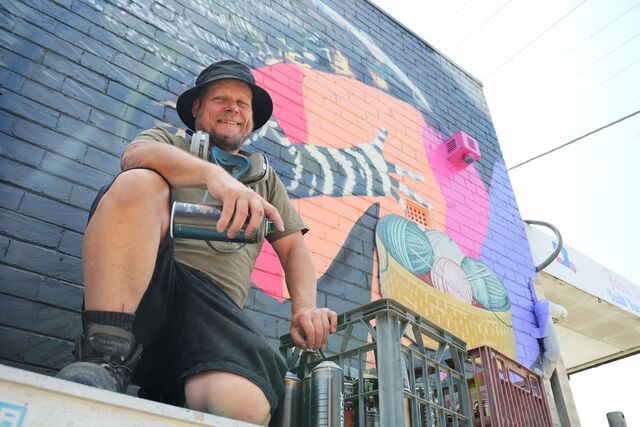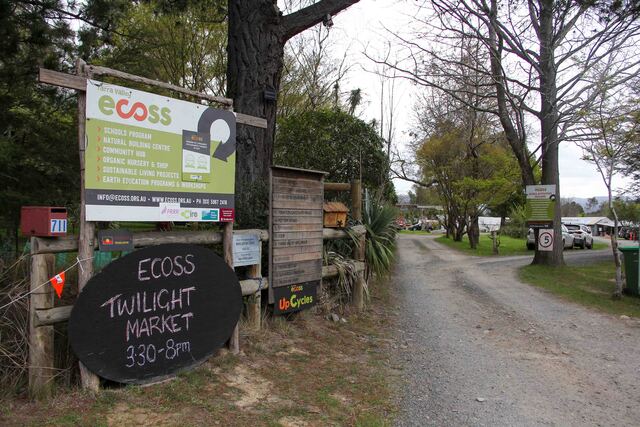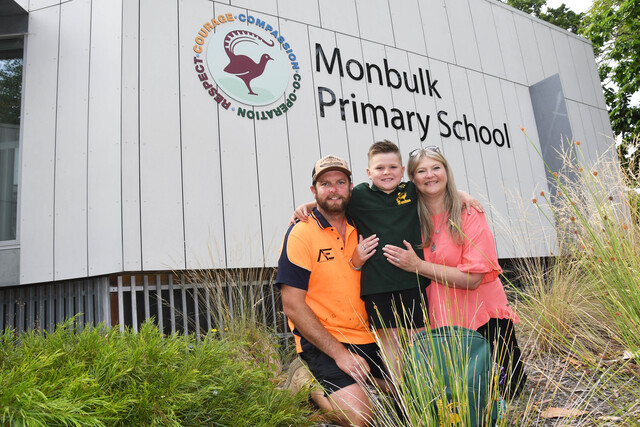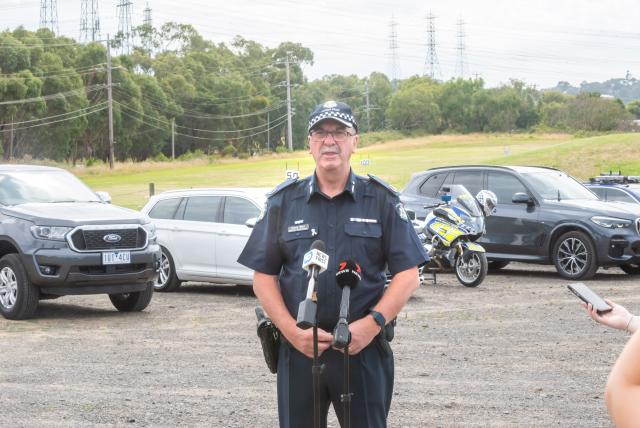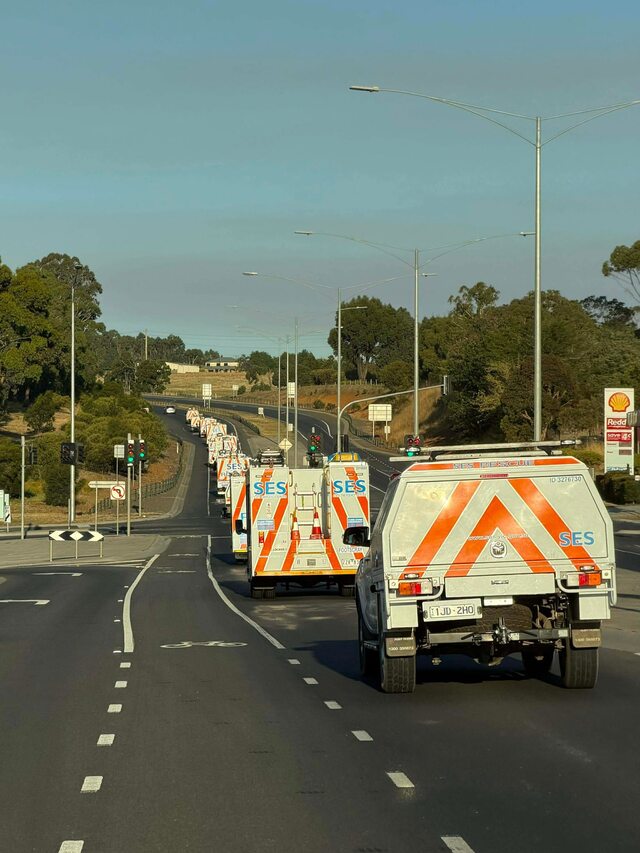Yarra Ranges residents are being reminded to get prepared and create their emergency plans as we transition into spring and then summer beyond.
Australian Red Cross Divisional Operations Officer Sue Jack said lots of areas in the Yarra Ranges are known as high bushfire risks and prone to other disasters.
“All those areas are heavily treed, heavily populated – they’re all bushfire risks.. We’ve now got storms added to the list as well and a lot of flooding areas, so there’s multiple hazards in the Yarra Ranges,” Ms Jack said.
“Even people in suburbs, they don’t think they’re going to be impacted so much and yet you can be – if you’re surrounded by parkland or grasslands, you can be impacted by grass fires and things like that.”
The Australian Red Cross has free resources available such as the ‘Get Prepared’ app which assists in creating a plan and discusses various hazards from natural disasters to medical emergencies.
“The benefits of the Get Prepared app is really good for people that are actually using technology for a start…so they can just do it easily through their phone,” she said.
“It looks at preparing for all hazards, so you can take it in the context that you wish or depending on where you are, whether it’s storm, flood or you’re looking at a possible medical emergency.”
The Rediplan is another helpful tool which can be downloaded and printed off.
“It walks you through you as a person, what you can, what you can’t do, what you need to do, what you need to think about, and it’s looking at all hazards, so it’s very good and it just makes you think and even makes you think about the mental preparedness.
“Having a visual written down plan might be quicker and especially if someone maybe older and is not familiar with technology, having a written plan is just as good as having it on your phone.”
New research has revealed the importance of community preparedness after looking at the Australian Red Cross emergency preparedness programs among people who lived through the 2021 Wooroloo Bushfire in the Perth Hills.
Key findings included most people felt very prepared for an emergency and had increased confidence, evacuated earlier and their plan resulted in reduced half to themselves and family.
The most common activities were planning the best exit, preparing with family, learning about local hazards and arranging insurance.
“Once you’re actually faced with a disaster like a bushfire or flooding event, most of us initially panic and don’t think straight, that’s just normal,” Ms Jack said.
“So having a plan beforehand, you’ve actually talked about it, you know about it, it’s in your memory, some people will have it written down so they might refer to that to refresh. So I think actually preparing for an emergency helps you deal with it when it actually happens.
“It’s good to have that in your mind before something happens, because when something happens, you might not have much time to do much at all.”

